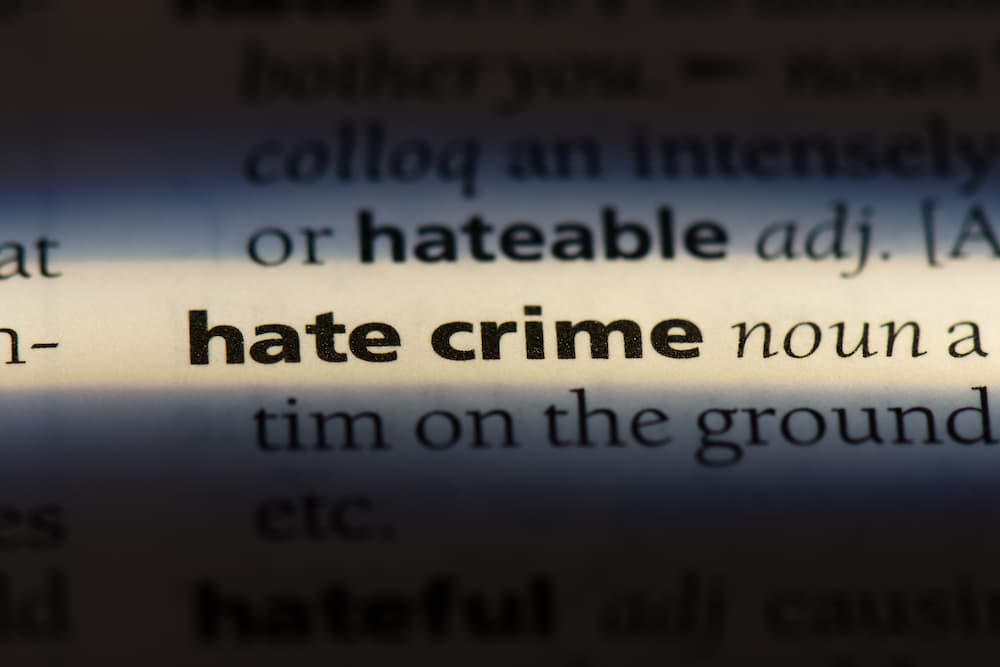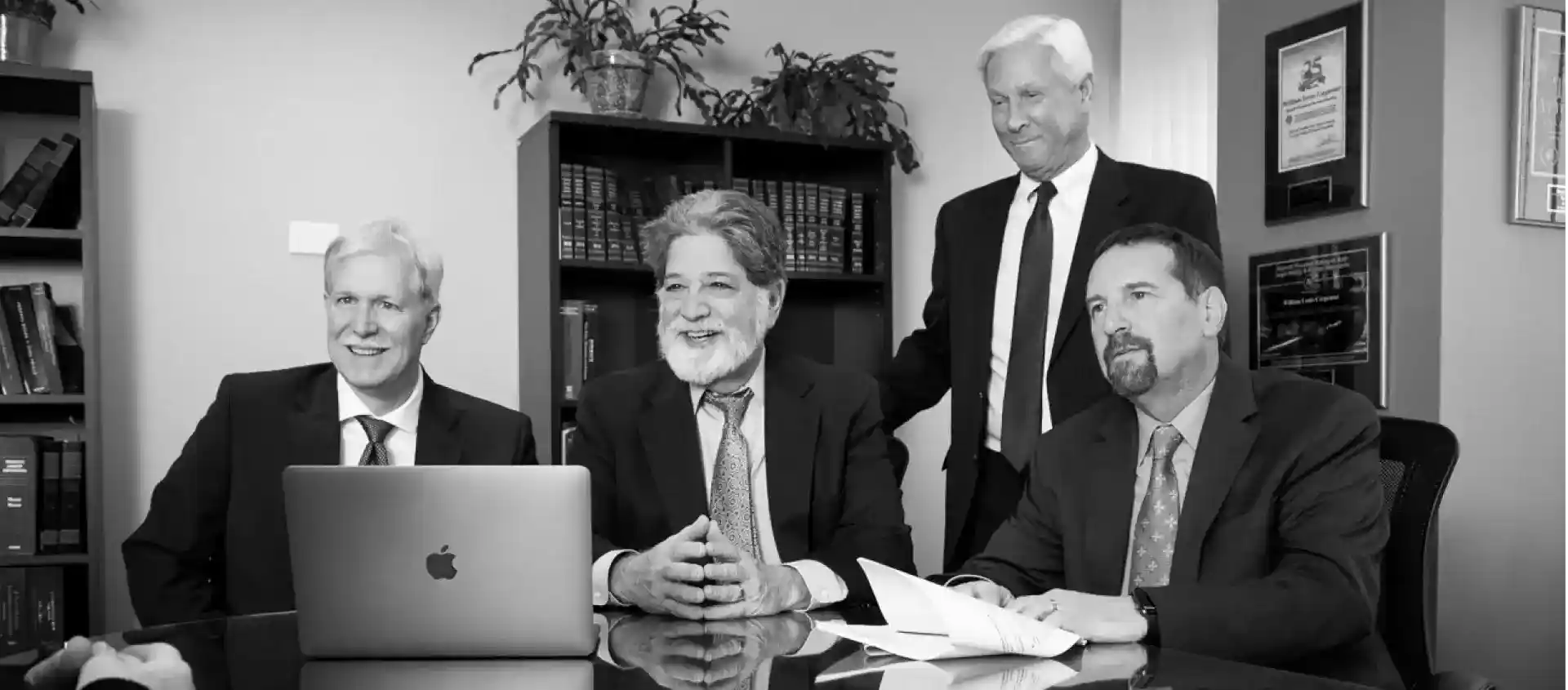
In 2018, Colorado law enforcement agencies reported 139 cases of hate crimes. That’s almost double the 96 cases that were reported just a year earlier.
Of those reported in 2018:
- 73 were based on race/ethnicity bias,
- 24 were based on religious bias,
- 24 were based on sexual orientation bias,
- 4 were based on disability bias, and
- 3 were based on gender identity bias
What Is a Hate Crime?
The FBI defines a hate crime as one “motivated in whole or in part by an offender’s bias against a race, religion, disability, sexual orientation, ethnicity, gender, or gender identity.”
A hate crime isn’t necessarily an offense different from traditional criminal acts. If someone commits an offense such as murder, assault, or arson, and their intent was to harm the person because of their perceived identity, the offense becomes a hate crime.
Under Colorado Criminal Code § 18-9-121, a hate crime is legally referred to as a biased-motivated crime. It occurs when someone intends to intimidate or harass another person because of that person’s actual or perceived status in a protected class.
The law states that the following biased-motivated acts are hate crimes:
- Knowingly causing bodily injury to someone else;
- Placing a person in reasonable fear of harm to themselves or their property; or
- Knowingly damaging or destroying another person’s property
What Are the Potential Punishments for Hate Crimes?
Because hate crimes are committed against specific groups of people, as opposed to individuals, they are considered to be a threat to the entire community. As such, if a person engages in biased-motivated behavior, they face harsher penalties than if they committed the same crime without bias.
For instance, say Ronald got upset at a driver for taking a parking spot he was waiting for. Out of anger, he pulls the driver out of the car and punches them. Because he caused bodily injury to that driver, he could be charged with third-degree assault, which is a class 1 misdemeanor.
But let’s say Ronald was walking into a store when he saw another person pull up in the parking lot. He perceived that person to be a member of a protected class. He then walked over to the car and yanked the driver out and punched them while shouting racial epithets at them.
Now, his actions would be classified as a hate crime, and the potential penalties he faces increase. When someone knowingly causes bodily injury to another person based on bias, they could be charged with a class 5 felony. If, in this situation, a friend helped Ronald carry out the act, they may be accused of committing a class 4 felony.
When a prosecutor is trying to land a conviction for a hate crime, they must prove the defendant was motivated by bias. This can make these types of cases more challenging to prosecute.
Schedule a Free Consultation with Gerash Steiner & Blanton, P.C.
If you were accused of committing a crime in Denver, allow our skilled attorneys to provide focused and aggressive legal defense for your case. We have extensive experience handling various criminal matters, and we know what it takes to protect your rights and fight charges.
Get in contact with our team by calling us at (303) 732-5048 or contacting us online.

